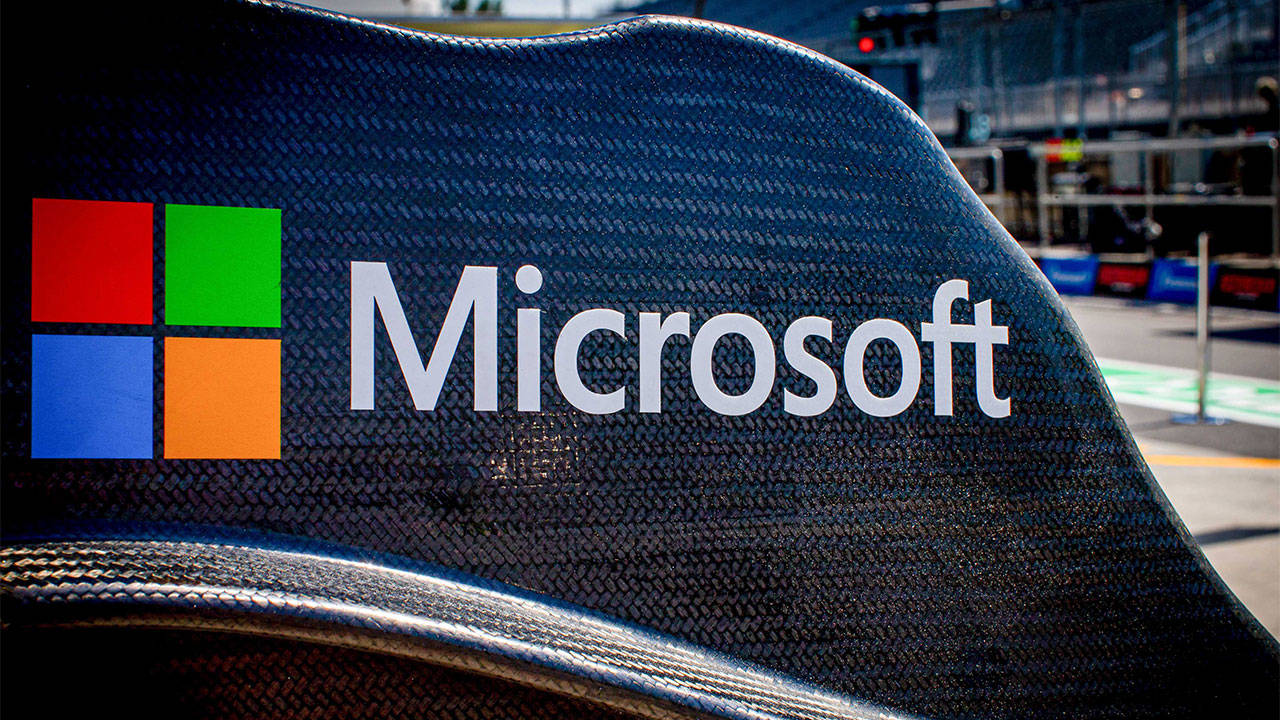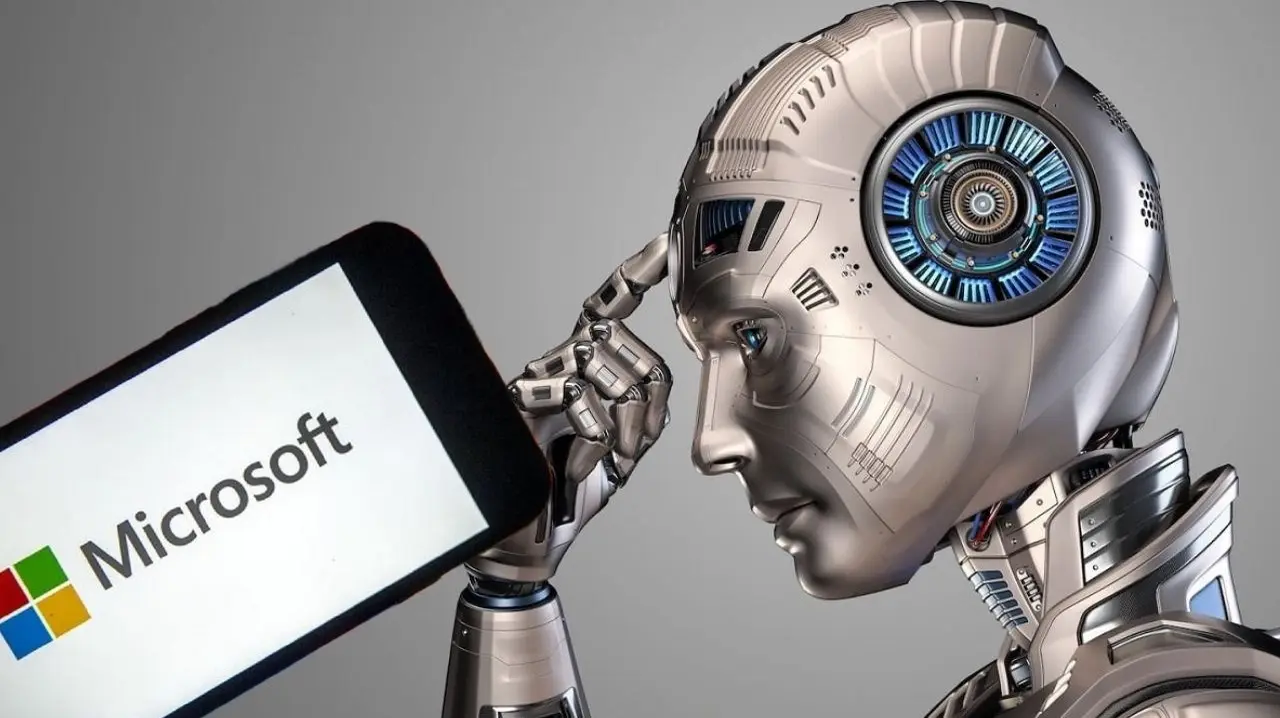Microsoft’s development of custom AI chips is experiencing a critical delay. The company’s next-generation AI accelerator, codenamed Braga, designed as a successor to the Maia 100 series, has been delayed by at least six months. This delay directly impacts Microsoft’s goal of reducing its reliance on Nvidia for data centers.
Microsoft forced to delay AI chip
Braga is being developed using a 5-nanometer manufacturing process and is positioned to reduce costs for the company’s services such as Copilot and Azure OpenAI. However, while Microsoft’s Maia 100 chip has yet to enter widespread deployment, design issues in Braga are having a multiplier effect.

According to inside sources, last-minute design changes requested by OpenAI have made the chip’s simulations unstable. At the same time, losses in engineering have led to reductions of up to 20% in some teams.
These developments are pushing Braga’s release date back to at least 2026. Microsoft’s efforts to gain more independence from Nvidia in the field of artificial intelligence are taking a serious hit in this process. The main strategy aimed at the Maia and Braga series was to reduce dependence on Nvidia’s high-cost GPUs and remain competitive with its own hardware in the long term. However, technical problems and losses in internal staff make it difficult to achieve this goal in the short term.
Microsoft and Nvidia are not the only players in the AI hardware race. While Amazon introduced its own hardware alternative with the Trainium 3 it introduced this year, Google increased the competition with the seventh-generation TPU chip it announced in April.
Nvidia, on the other hand, continues to maintain its dominance in this field. CEO Jensen Huang had belittled the custom chip initiatives of its competitors, saying, “If we already have the best, why make someone else?”
The postponement of Braga prolongs Microsoft’s dependence on Nvidia-based systems on the Azure platform. This situation not only leads to increased operational costs, but also delays Microsoft’s strategic flexibility in its AI infrastructure. As competition in the industry increases, these disruptions experienced by Microsoft on the hardware side may also affect future product and service delivery schedules.













